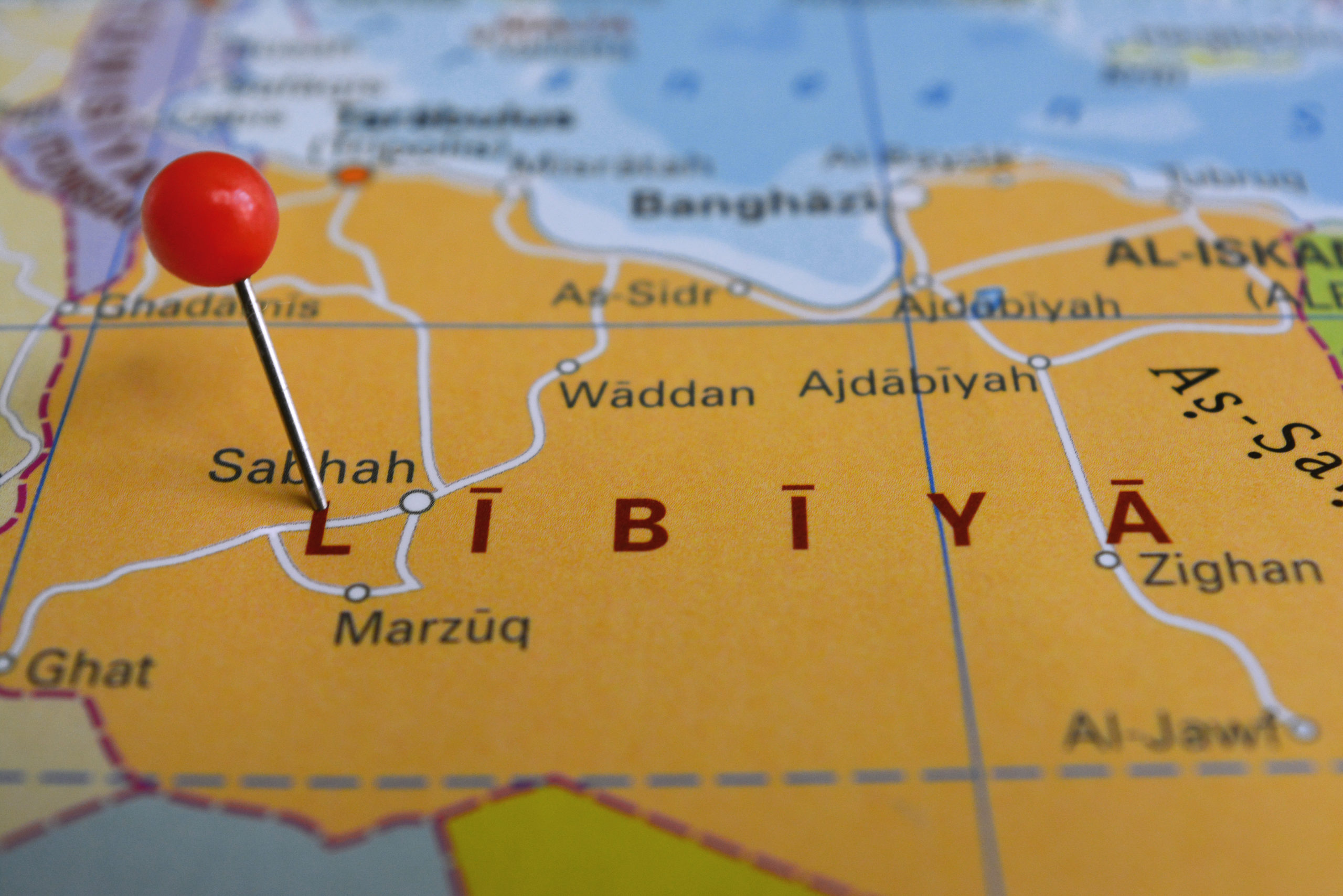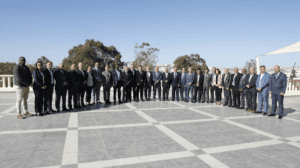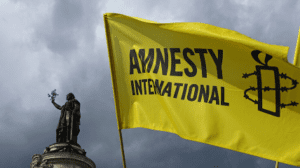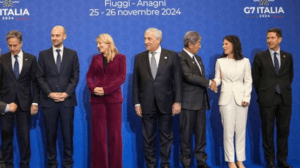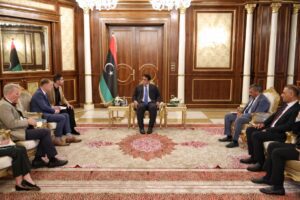A change of words to describe the new Libyan government from a government of national accord to a government of national unity is significant both semantically and politically.
The semantic features of the two different words suggest that unity is defined as {the state of being united, or joined as a whole, or absence of diversity or unvaried}, while accord is usually defined as {an official agreement or treaty, or agreement or harmony}.
On the political level, unity is much more stronger than accord for it bears the traits of reconciliation and integrity as well as sovereignty and breaks away with partition and division.
Unity in Libyan politics means the warring parties will finally come together to vie in elections not on the battlefields and to compete for power not seize it by force or fait accompli.
Background
Since 2011, when Libyans ousted and killed Muammar Gaddafi, Libya has welcomed quite a number of transitional governments, the last of which: the Government of National Accord (GNA) was brokered by the UN Support Mission (UNSMIL) in December 2015. GNA has gone on to remain in office up until February 05, 2021, when a new unified executive authority has been selected by the members of the Libyan Political Dialogue Forum (LPDF) under the auspices of UNSMIL.
The new Libyan executive authority was selected by 73 members of the LPDF in a runoff voting round for the two finalist lists of candidates for the Presidential Council and Prime Minister: List of Mohammed Menif as Head of Presidential Council, Mossa Al-Koni and Abdullah Al-Lafi as members, and Abdul-Hamid Dbeibah as Prime Minister V.S. List of Aqila Saleh as Head of Presidential Council and Abdelmajid Seif Al-Nasser and Osama Juwaili as members, and Fathi Bashagha as Prime Minister.
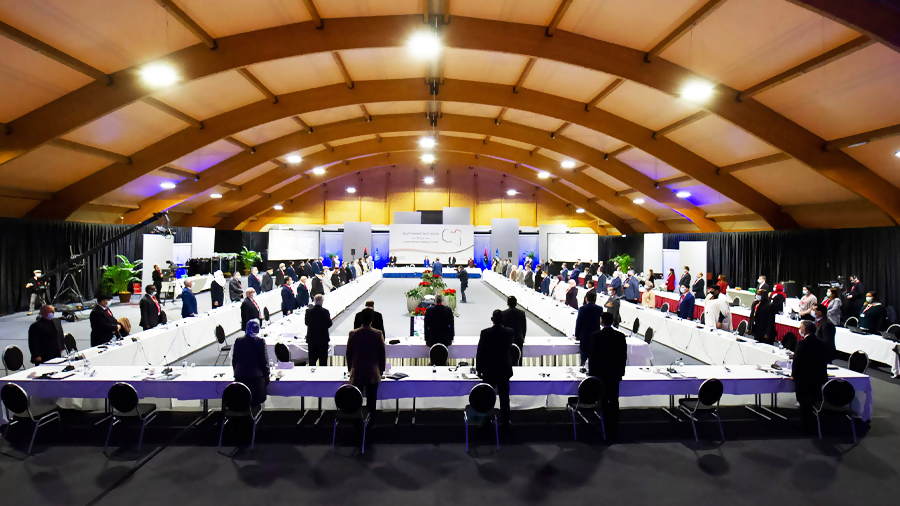
The Menif-Debeibah list won LPDF election in Geneva by 39 votes for 34 votes for Saleh-Bashagha list. Now, the Prime Minister, Dbeibah is expected to form an Interim Government of national unity.
Interim Unity Government
Dbeibah has said that the unity government will be formed in three weeks before being put for a vote of confidence by the Libyan House of Representatives.
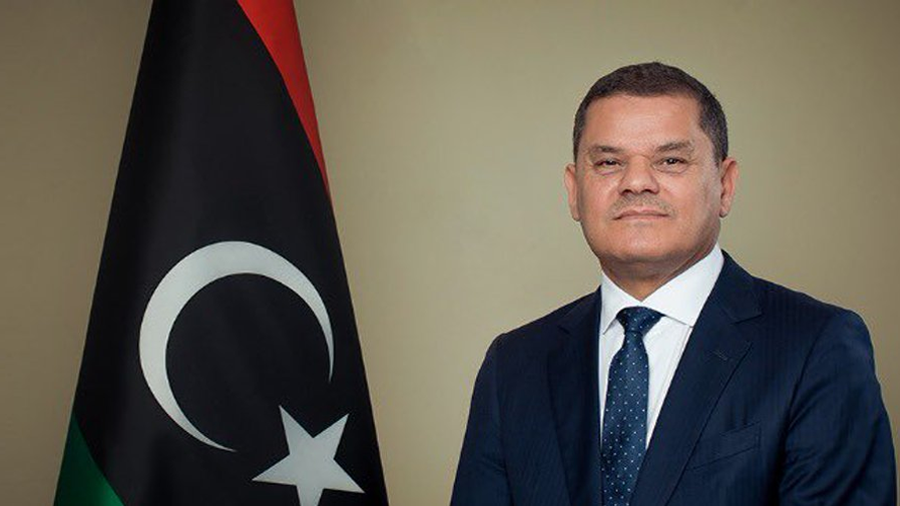
In an interview with the Turkish Anadolu Agency Sunday, Dbeibah indicated that there will be a fair representation of all segments of the Libyan people and all regions in the new cabinet, adding that the focus will be on achieving the technocrat goals.
He vowed that the unity government will be made up of technocrats, and whoever proves his efficiency will be part of the government team.
Vote of Confidence
The yet-to-be-formed interim unity government shall be approved by Libya’s House of Representatives in order to assume work in a very tight timeline with multifarious challenging tasks.
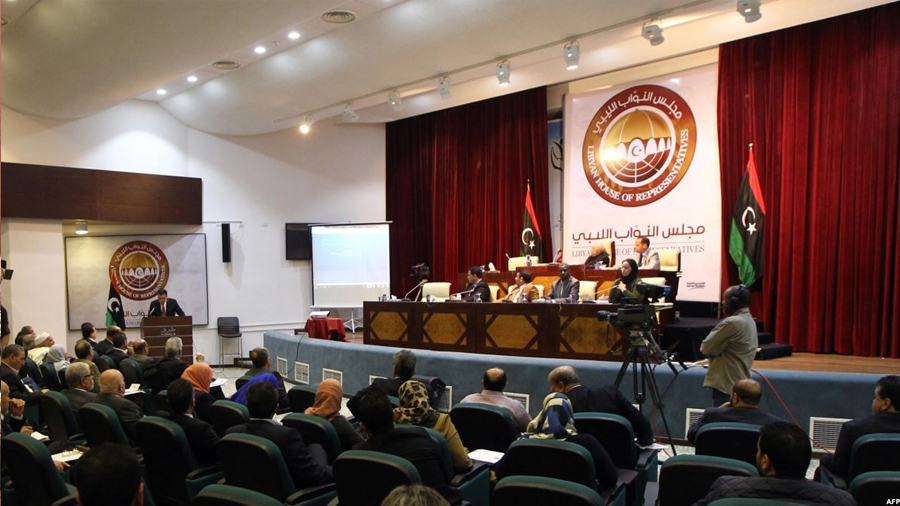
Before the end of February, Debeibah will have to convince stakeholders before Libyans with a very technocratic composition for the interim unity government, while the House of Representatives will have to hold a full-quorum session in order to carry out a vote of confidence for it.

